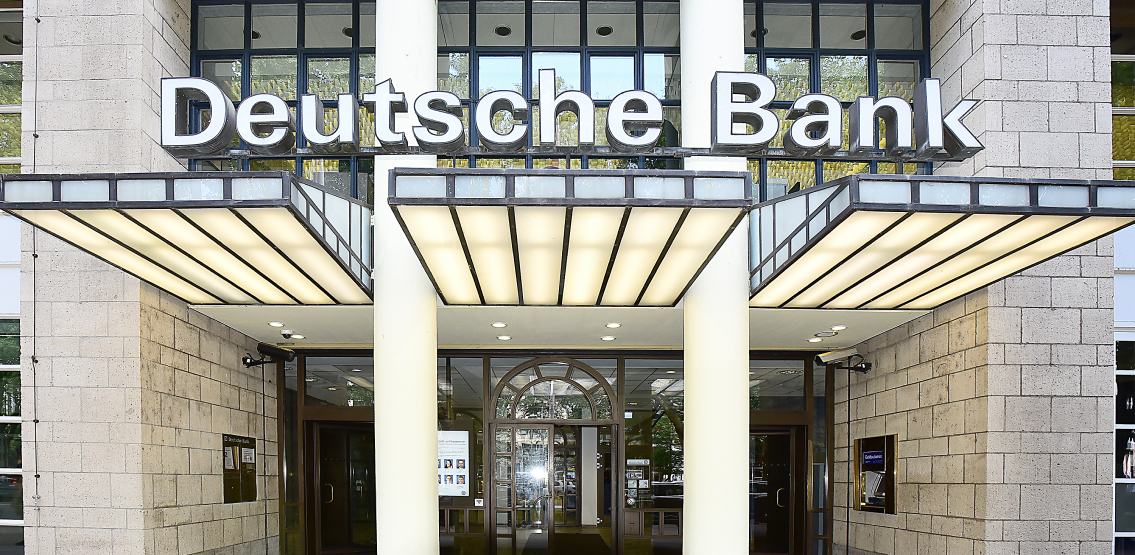Even the big banks are starting to share their unease publicly over the inflationary crisis predicted to erupt globally in the near future. Economists from Deutsche Bank no less, are warning of devastation that will particularly impact the poor in our society.
In a recent forecast, discussed in a CNBC article, Deutsche Bank went against the generally held Wall Street consensus, echoed by the Federal Reserve, that higher inflation is a necessary evil in order to make a full economic recovery.
Deutsche Bank, one of the top banks in the world, warned that the Federal Reserve’s policy of not tightening until inflation arrives at a substantial level, will lead to extremely negative consequences.
“The consequence of delay will be greater disruption of economic and financial activity than would be otherwise be the case when the Fed does finally act,” Deutsche’s chief economist, David Folkerts-Landau, and others wrote. “In turn, this could create a significant recession and set off a chain of financial distress around the world, particularly in emerging markets.”
Folkerts-Landau also highlighted the disastrous effects on the more vulnerable in our society that neglect of inflation could bring:
“It may take a year longer until 2023 but inflation will re-emerge. And while it is admirable that this patience is due to the fact that the Fed’s priorities are shifting towards social goals, neglecting inflation leaves global economies sitting on a time bomb,” Folkerts-Landau said. “The effects could be devastating, particularly for the most vulnerable in society.”
The Deutsche economists also said that the inflation that was on the way could match that last seen in the 70s. At that time, inflation averaged around 7% and sometimes went into double digits.
So how is Bitcoin a reliable hedge against the rising tide of inflation?
The supply of Bitcoin is fixed and limited. It is not tied to any organisation or government and its reliance on the laws of mathematics means that it cannot be manipulated in any way.
As demand for Bitcoin rises, the supply will decrease given the small, fixed supply. Therefore, over the longer term, the value of Bitcoin would increase, but the cost of an item purchased in BTC would decrease, meaning that Bitcoin’s scarcity would make it deflationary in an inflationary environment.
It should be remembered that Bitcoin was introduced at a time when quantitative easing was expected to cause widespread inflation, and that Nakamoto had referred to this in his original plan for Bitcoin.
If severe inflation does come to pass then we will see just how effective the Bitcoin hedge will be.
Disclaimer: This article is provided for informational purposes only. It is not offered or intended to be used as legal, tax, investment, financial, or other advice.
Credit: Source link























